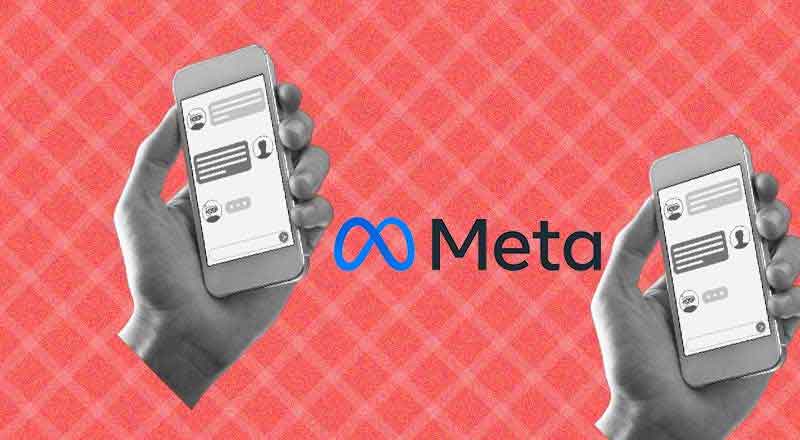- Meta Platforms is preparing to launch a range of artificial intelligence (AI) powered chatbots that exhibit different personalities.
- Company attempts to boost its engagement with its social media platforms, as Meta executives are focusing on boosting retention on its new text-based app.
- The Online News Act, passed by the Canadian parliament, would force platforms to negotiate commercial deals with Canadian news publishers for their content.
- In a campaign against the law both Meta and Google said in June they would block access to news on their platforms in the country.
- Meta Platforms has begun the process to end access to news on Facebook and Instagram for all users in Canada.
Meta Platforms is preparing to launch a range of artificial intelligence (AI) powered chatbots that exhibit different personalities as soon as September, the Financial Times reported.
Meta has been designing prototypes for chatbots that can have humanlike discussions with its users, as the company attempts to boost its engagement with its social media platforms, according to the report, citing people with knowledge of the plans.
The report comes as Meta executives are focusing on boosting retention on its new text-based app Threads after the app lost more than half of its users in the weeks following its launch.
Meta declined to comment on the report when contacted by the news agency.
The Facebook parent reported a strong rise in advertising revenue in its earnings last week, forecasting third-quarter revenue above market expectations. The company has been climbing back from a bruising 2022, buoyed by the hype around emerging AI technology and an austerity drive in which it has shed around 21,000 employees since last fall.
Meta launched a new version of its open-source artificial intelligence model in July called Llama 2 for commercial use, which will be distributed by Microsoft through its Azure cloud service and will run on the Windows operating system.
Another news agency reported in July that Apple is working on AI offerings similar to OpenAI’s ChatGPT and Google’s Bard, adding that it has built its own framework, known as ‘Ajax’, to create large language models and is also testing a chatbot that some engineers call ‘Apple GPT’.
Meta Platforms has begun the process to end access to news on Facebook and Instagram for all users in Canada, it said, in response to a law requiring internet giants to pay news publishers.
The Canadian government quickly denounced the move as “irresponsible,” and said the world is watching the process play out in Canada. The Online News Act, passed by the Canadian parliament, would force platforms like Google parent Alphabet and Meta to negotiate commercial deals with Canadian news publishers for their content.
In a campaign against the law, which is part of a broader global trend to make tech firms pay for news, both Meta and Google said in June they would block access to news on their platforms in the country.
Canada’s public broadcast CBC also called Meta’s move irresponsible and that it was “an abuse of their market power.”
The Canadian law is similar to a ground-breaking law that Australia passed in 2021 and triggered threats from Google and Facebook to curtail their services. Both companies eventually struck deals with Australian media firms after amendments to the legislation were offered.
But on Canadian law, Google has argued that it is broader than those enacted in Australia and Europe as it puts a price on news story links displayed in search results and can apply to outlets that do not produce news.
Meta had said links to news articles make up less than 3% of the content on its users’ feeds and argued that news lacked economic value. Canadian Prime Minister Justin Trudeau had said in May that such an argument was flawed and “dangerous to our democracy, to our economy.”
(With inputs from agencies)





